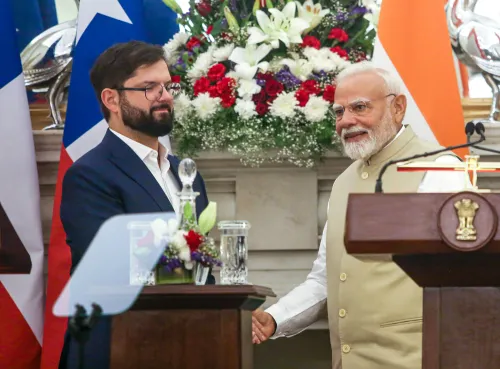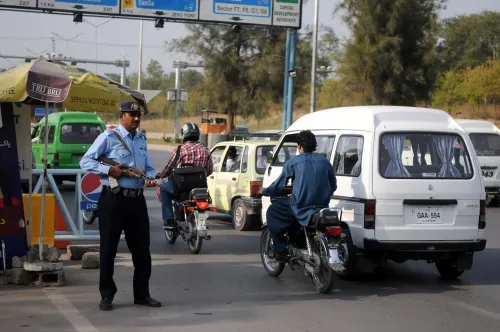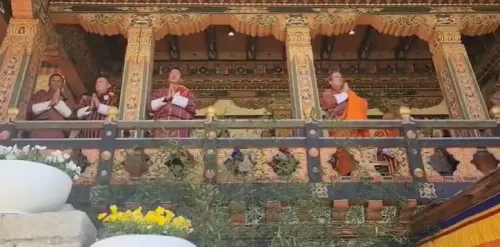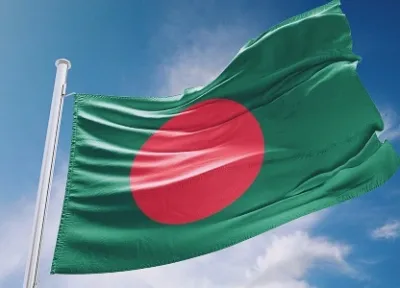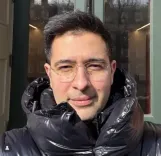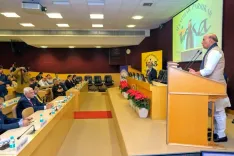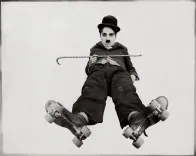What Did Iranian and French Presidents Discuss About Tehran's Nuclear Issue?
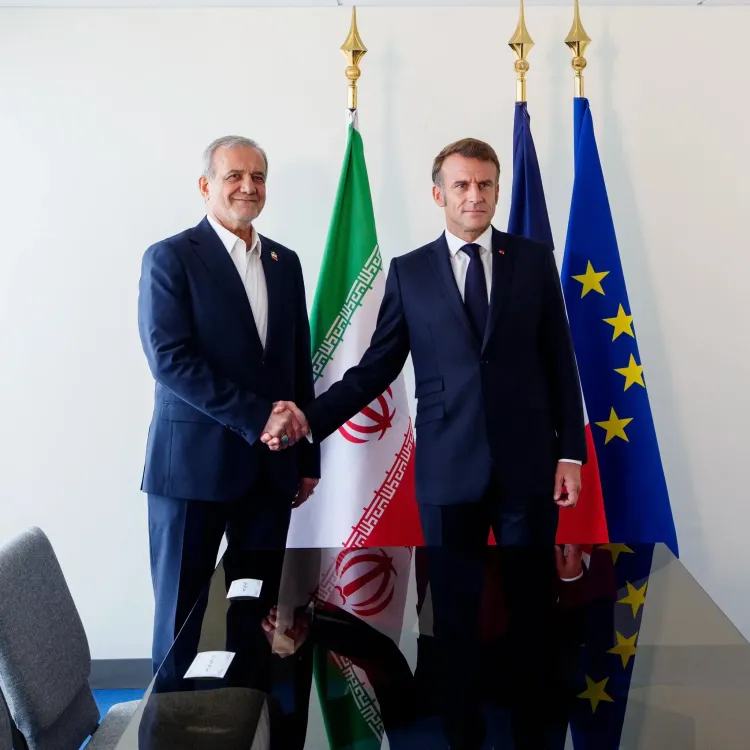
Synopsis
Key Takeaways
- Iran is not pursuing nuclear weapons.
- Willingness to negotiate with European nations on nuclear matters.
- France aims to maintain peace and stability in the Middle East.
- Challenges remain in resolving bilateral differences.
- Sanctions may soon be reinstated under the JCPOA's snapback mechanism.
New York, Sep 25 (NationPress) Iranian President Masoud Pezeshkian and French President Emmanuel Macron engaged in discussions regarding Tehran's nuclear program and their bilateral relations.
The conversation occurred during the 80th Session of the United Nations General Assembly in New York on Wednesday (local time), as reported by the Iranian president's office.
Pezeshkian emphasized that Iran is not pursuing the development of nuclear weapons, expressing the country's willingness to engage in dialogue with European nations on its nuclear matter within an acceptable framework.
Macron, on his side, conveyed France's commitment to prevent the situation from escalating, according to reports from Xinhua news agency.
He highlighted France's determination to address issues in its partnership with Iran, indicating Paris's eagerness to uphold peace and stability in the Middle East and avert conflicts.
The two leaders reviewed their nations' ties, expressing optimism that resolving their differences could pave the way for enhanced cooperation and relations in the future, as per the statement.
This meeting followed the UN Security Council's recent failure to pass a resolution extending sanctions relief for Iran under the 2015 nuclear deal, officially known as the Joint Comprehensive Plan of Action (JCPOA).
Last month, France, Britain, and Germany activated the JCPOA's snapback mechanism, allowing UN sanctions to be reinstated within 30 days if Iran is deemed in violation of the agreement. These sanctions are expected to be reinstated later this month.
Since last year, Iran has participated in multiple rounds of discussions with these three European nations, primarily concentrating on Tehran's nuclear issues and the removal of sanctions.
The JCPOA has faced significant challenges since the United States withdrew unilaterally in 2018, which led Iran to progressively reduce its compliance.

